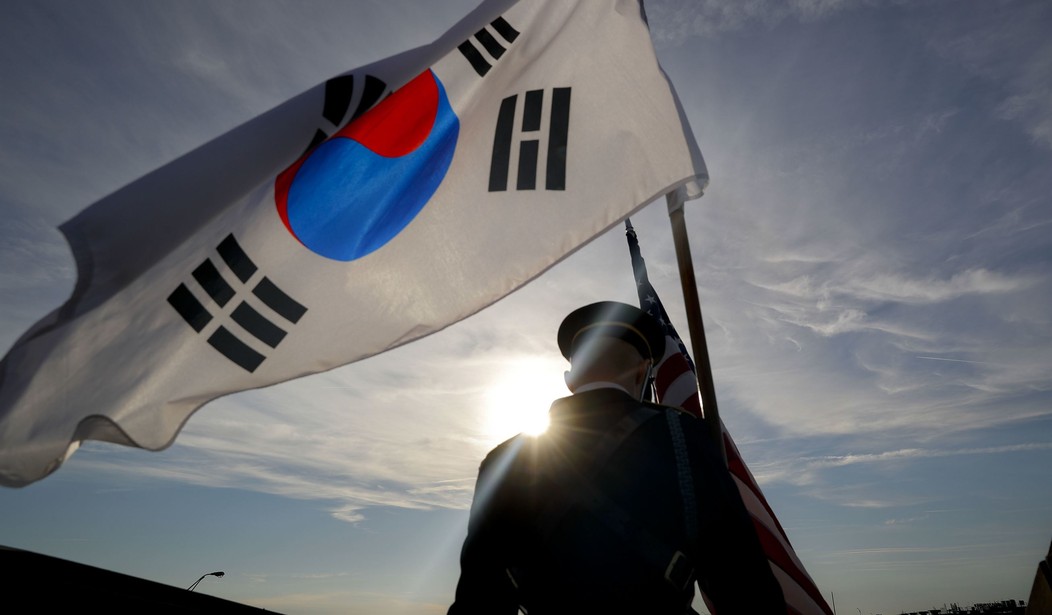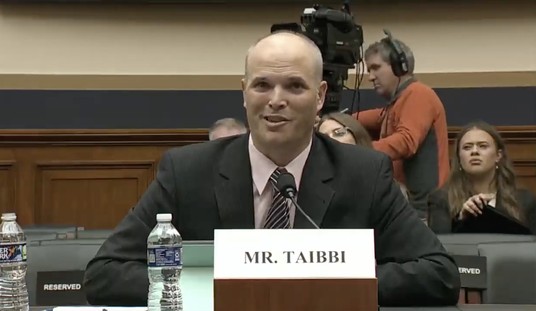In my book "The Power of Capitalism" I show that people’s lives are much better where there is more economic freedom. The population of South Korea are doing better than their neighbours across the border in North Korea; life was far better in the West Germany than it ever was in East Germany; and Chileans are better off than Venezuelans. The expansion of economic freedoms through free-market reforms – in China under Deng Xiaoping, in the UK under Margaret Thatcher and in the U.S. under Ronald Reagan – increased economic prosperity for the majority of citizens in each of these countries.
There are two different ways to approach the question of whether it is more state intervention or greater market freedom that promotes people’s prosperity: you can take a theoretical approach and discuss the advantages and disadvantages of different economic systems.
Or you can take a more practical approach and determine which system works better in practice. At any given time, a host of social experiments are being conducted all over the world. The result has consistently been the same: a planned economy and heavy-handed state intervention always lead to worse results than a market economy. This is true not only for the countries described in our series so far but in general, as demonstrated by the Index of Economic Freedom, which has been compiled by the Heritage Foundation every year since 1995.
The index, most recently published in 2023, measures and ranks economic freedom in 176 countries. The Index of Economic Freedom could also be described as an index of capitalism, as the sociologist Erich Weede points out. Even the briefest glance at the index reveals a clear correlation between capitalism and prosperity.
According to the 2023 index, the most economically free countries are Singapore, Switzerland, Ireland, Taiwan, New Zealand, Estonia, Luxembourg, the Netherlands, Denmark and Sweden. The world’s least economically free countries are Zimbabwe, Sudan, Venezuela, Cuba and North Korea.
Recommended
Countries that have made very strong gains in the Index of Economic Freedom over the last 25 years have developed particularly well economically and the situation of their citizens has improved massively. In no countries of comparable size has economic freedom increased as much in this period as in Poland and Vietnam. The Vietnamese initiated a programme of market-economy reforms in 1986, called Doi Moi (in English: “innovation” or “renovation”). A few years later, Poland also decided to implement market economy reforms. In both countries, these reforms led to remarkable economic growth and dramatic improvements in living standards.
How does the Heritage Foundation measure the degree of economic freedom in each country? It is impossible to measure economic freedom on the basis of just two or three indicators. For example, Sweden ranks 10th overall in the 2023 index with a score of 77.5, despite having one of the world’s highest tax burdens. If this were the only criterion used to assess economic freedom, Sweden would rank very low down the ranking with a score of just 45.1. However, in other areas, the country scores highly and comes right near the top of the index. In terms of property rights, Sweden has an extremely high score of 96.6, and for fiscal health the country scores 96.2.
The index uses 12 equally weighted components to determine each country’s level of economic freedom: Property Rights, Judicial Effectiveness, Government Integrity, Tax Burden, Government Spending, Fiscal Health, Business Freedom, Labour Freedom, Monetary Freedom, Trade Freedom, Investment Freedom and Financial Freedom.
Economies rated “free” or “mostly free” enjoy income levels and economic growth far higher than those in the “mostly unfree” and “repressed” countries. The economically “free” countries have an average GDP per capita of 92,502 US dollars. This far exceeds the average of 8,124 US dollars in the economically “repressed” countries.
A comparison of the average percentage of the population living in multidimensional poverty for 105 developing countries revealed that 31.2 per cent of the people in the “mostly unfree and repressed countries” were living in extreme poverty, in contrast to just 8.1 per cent in the “mostly free” and “moderately free” countries.
Even environmental standards – contrary to the claim that capitalism is responsible for environmental degradation – are significantly higher in countries with a higher degree of economic freedom than in countries with little or no economic freedom.
Rainer Zitelmann is the author of the books The Power of Capitalism https://the-power-of-capitalism.com/; In Defense of Capitalism https://in-defense-of-capitalism.com/; and How Nations Escape Poverty https://nations-escape-poverty.com/

























Join the conversation as a VIP Member